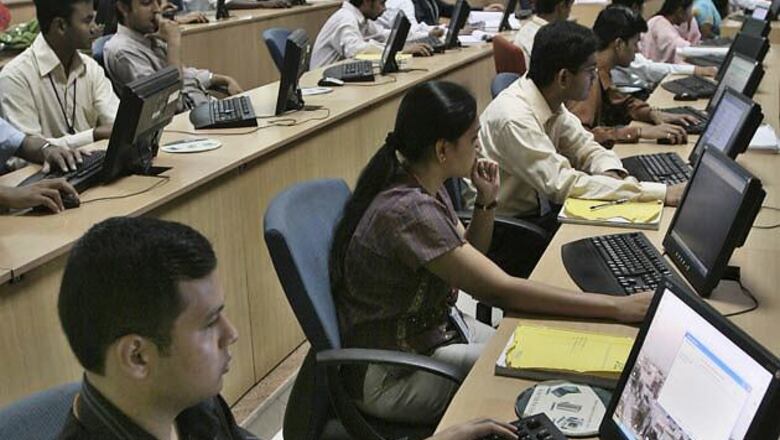
views
London/Zurich: Key controls for "detection of suspicious trading activity" failed at an India outsourcing unit, contributing to $ 2.3-billion loss caused by a rogue trader of global banking giant UBS, a joint probe by British and Swiss regulators has found. This is the third instance when outsourcing of key oversight jobs by global banks (British giants HSBC and Standard Chartered being the other two) to India has come under the regulatory scanner abroad for ineffective controls against suspicious financial transactions.
UK's Financial Services Authority (FSA) fined UBS 29.7 million British pounds (about Rs 265 crore) for failing to prevent large-scale unauthorised trading in this case, while Swiss regulator FINMA (Financial Market Supervisory Authority) also said it has found serious risk management deficiencies and major control failures at the bank. In its probe report, FINMA said that UBS' back office operations team was responsible for ensuring timely confirmation of deferred-settlement trades, identified through "a specific report maintained by an outsourcing provider based in India (the 'T+14 report')".
The probe found that the bank's online trade supervision system SCP (Supervisory Control Portal) and the 'T+14' report "were key controls for the detection of suspicious trading activity, but both proved to be ineffective. "The failures of these controls serve to illustrate poor organisation and risk management within UBS," FINMA said.
FSA and FINMA jointly initiated a probe in September 2011 after it came to the light that a London-based trader of Swiss banking major had caused substantial losses totalling $ 2.3 billion (about Rs 13,000 crore) due to unauthorised trading on the bank's Exchange Traded Fund (ETF) desk.

















Comments
0 comment